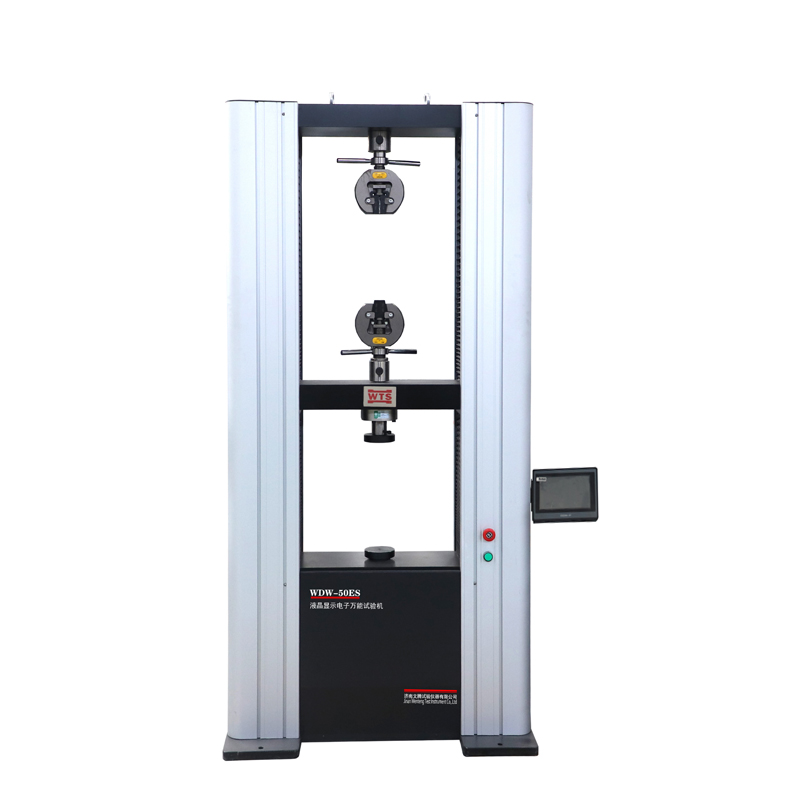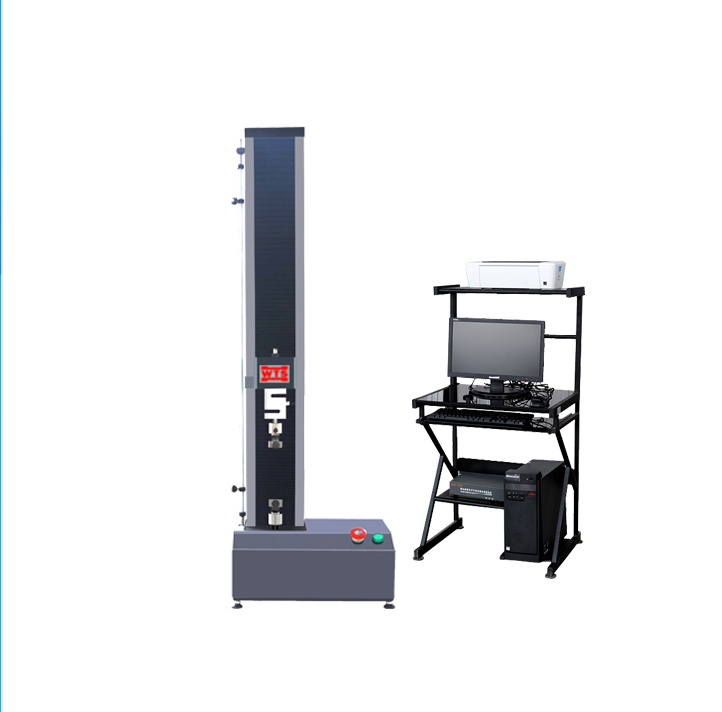What Makes a Universal Testing Machine Essential?
A Universal Testing Machine (UTM) is used to measure the mechanical properties of various materials, including metals, plastics, rubber, textiles, and composites. It performs tension, compression, and flexural tests to determine characteristics like yield strength, tensile strength, elongation, and modulus of elasticity. This makes it a key tool in quality control, R&D, and academic labs.
Modern UTMs consist of a sturdy frame, load cell, crosshead, grips, extensometers, and a software system for data acquisition and reporting. They are classified as either electronic (servo motor-driven) or hydraulic (for high-force applications), depending on testing requirements.
Choosing the Right UTM for Your Application
When selecting a UTM, consider your material type, test method (tensile, compression, bending), load range, and required standards (ASTM, ISO, GB/T). For example, a lab testing polymers may need a compact 10kN machine with high-speed data logging, while a steel plant may require a 600kN hydraulic model with dual-space frames.
Also evaluate the machine’s software capabilities, available grips and fixtures, and whether the supplier offers calibration, training, and after-sales support. Load accuracy (Class 0.5 or 1), ease of operation, and data export features are critical factors.
Reliable Suppliers and Industry Value
Trusted UTM manufacturers include Instron, ZwickRoell, MTS, Shimadzu, and Chinese providers like Jinan Wenteng Testing Instrument Co., Ltd. Whether for routine QC or advanced research, the right UTM enhances test repeatability, boosts productivity, and ensures compliance with global standards.
In summary, investing in the right UTM helps businesses maintain product quality, reduce material waste, and achieve consistent test results across a wide range of materials and applications.









